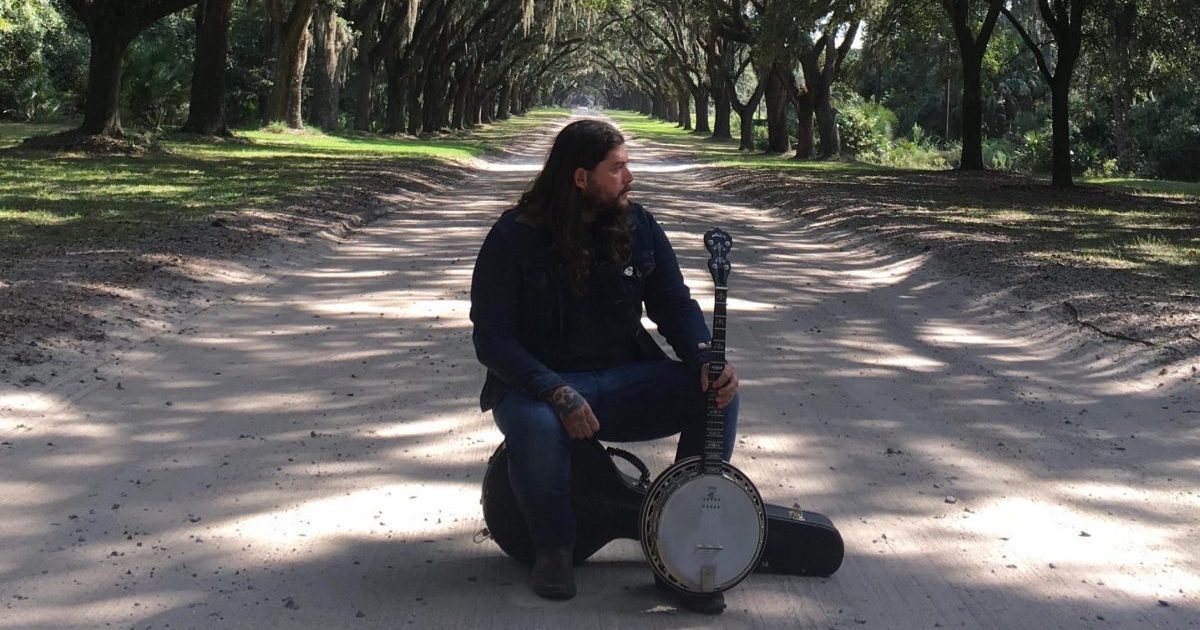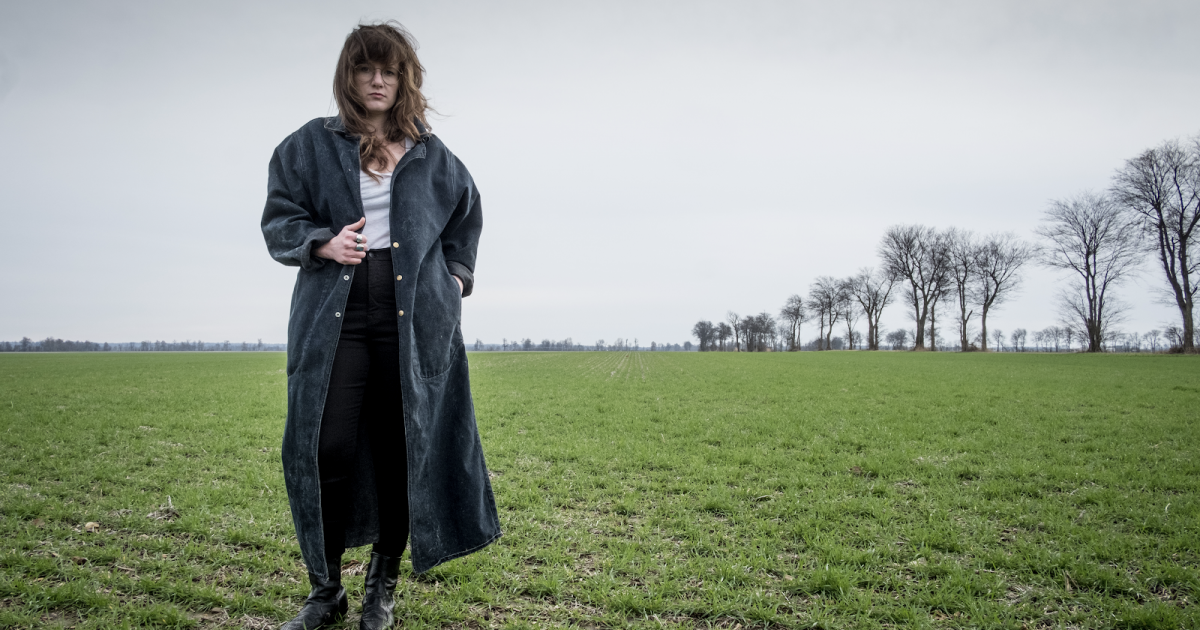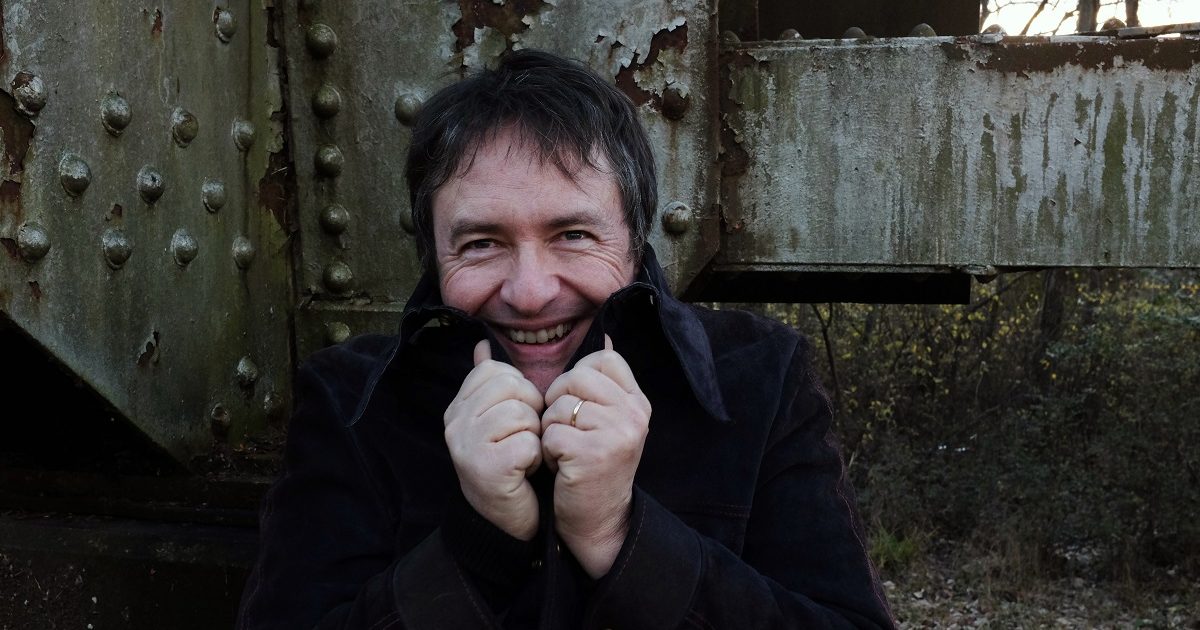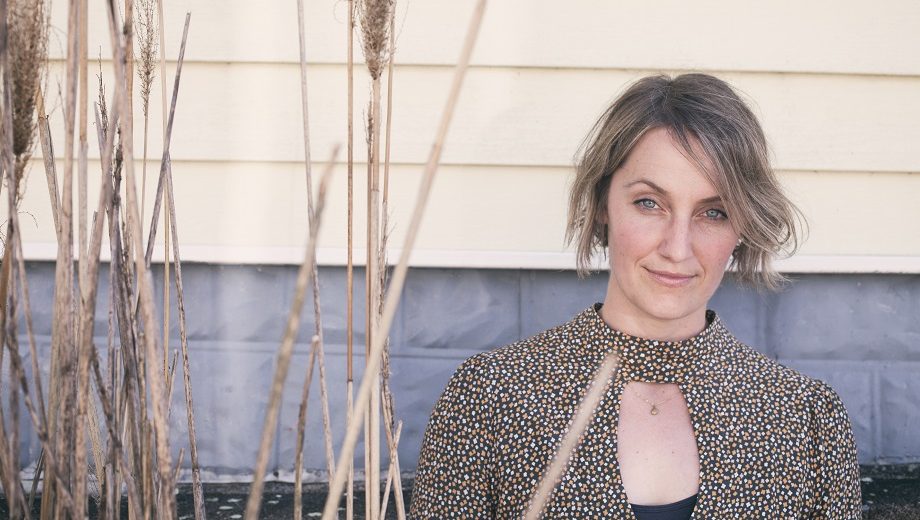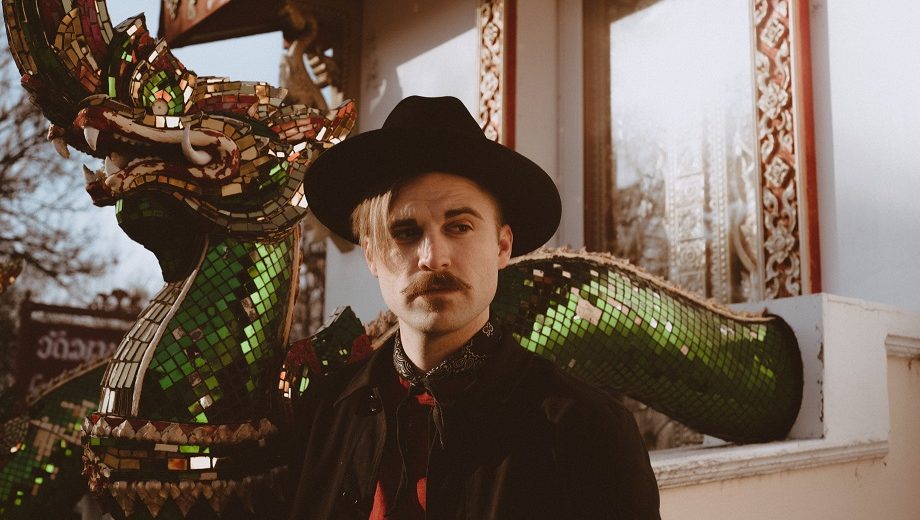Artist: Amigo the Devil
Hometown: Austin, Texas
Latest Album: Born Against
Personal nicknames: I’ve never had any past preschool and that was only one kid who called me Daniel Cocker Spaniel. It destroyed me. I mean utterly wrecked me at the time.
What other art forms — literature, film, dance, painting, etc — inform your music?
I enjoy reading a lot, always have. Lately I’ve been trying to dive into subjects that I’m not usually interested in or genuinely don’t know much about and have been finding that, well, apparently they’re still not my thing ha ha. At least giving it a shot helps me narrow where the passion genuinely lives. Film has always been an important factor in my life, just as much as literature I would say. I’m a big fan of visual portrait films like Ashes and Snow, Baraka, Naqoyqatsi and aesthetic systems like the Cremaster series. Jodorowsky, Yorgos Lanthimos, and Takashi Miike are responsible for most of my favorite movies as actual storyline films. I also love rom-coms. I don’t care how corny they are, they wreck me and I love it. Horror used to be the go-to while growing up, but I think that’s changed quite a bit lately. Still love a classic campy experience though.
What’s the toughest time you ever had writing a song?
I always hear stories of people writing three songs in a day or dreaming up these beautiful hits in their sleep. I’ve unfortunately never had the joy of these moments. Although some songs “write themselves” more than others, I always have a hard time with every single song when it comes to finally calling it a finished product. Whether it’s my curiosity or doubt that keeps me grounded right before the final hurdle, it’s always a “tough” time. There’s actually one quote by Mark Twain that I remember shifting my confidence immensely. “The difference between the almost right word and the right word is really a large matter — it’s the difference between the lightning bug and the lightning.” Ever since that day, it’s been a brutal journey wondering which of the two I have in the lyrics I’ve written. See, not all knowledge is helpful.
Since food and music go so well together, what is your dream pairing of a meal and a musician?
I’m going to go with Ray Sawyer of Dr. Hook on this one. One, because I think they’re the #1 band I wish I was able to see live (and he’s my favorite member) and two, because I think he’d be a blast at a dinner party. I’m not saying that I would Lady and the Tramp a hot dog with him, but also not saying I wouldn’t. Dinner-wise though, I feel like Ray was as complicated an individual as he was simple. I’d start with gumbo loaded with smoked alligator (one we pulled ourselves from Lake Eufaula after a long night of mescaline)…move on to a dry-aged ribeye cooked directly on the coals and sit it in a bordelaise with a side of brown butter-sautéed endive (for health measures) and raclette over potatoes. There’s no room for dessert so we just slam some coffee and hit the town.
What rituals do you have, either in the studio or before a show?
Rituals always seemed like a guaranteed way to set yourself up for failure. Since a ritual is basically just a glorified routine, once that routine becomes psychological, both your conscious and subconscious mind depend on it…so what do you do when you don’t have access to elements you need? I feel like that’s when we see people start to freak out and convince themselves that something is going to go wrong because x, y and z didn’t happen. Granted, these are just my dumb opinions but it always seems like rituals tend to get more and more intricate with time which leads to extravagant demands and unnecessary adjustments for a superstition.
How often do you hide behind a character in a song or use “you” when it’s actually “me”?
Someone recently pointed out that I never sing from a third-person and very rarely a second-person perspective. Almost all the lyrics (that are based on people) are “me” and “I.” After thinking about it for a while, the only conclusion I can come to is that since most of the songs are stories that I’m putting myself into someone else’s shoes to write, the perspective carries over. I think there is also some level of accountability that feels more honest, especially when talking about taboo subjects. It’s too easy to shift the blame along with the perspective. It’s the “asking for a friend” complex when trying to avoid shame. When talking about topics that are hard for people to bring up, it’s important to me that there is a human element and a personal touch of admittance. That association and acceptance tends to bring the much greater reward of growth and learning. Shifting that blame will always leave you floating around a boxed-in world like a rubber duck in a hot tub.
Photo credit: Alicia Way
